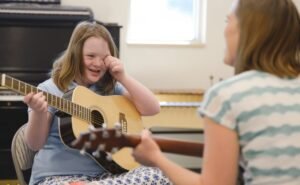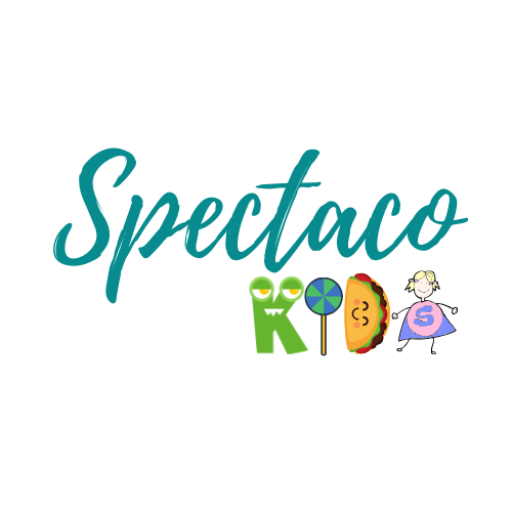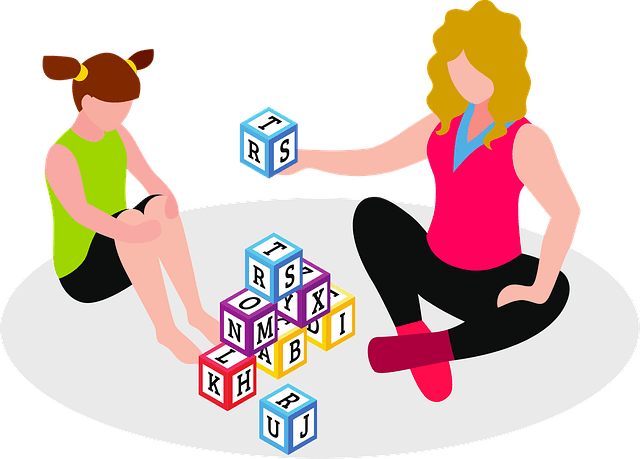What is music therapy?
This kind of therapy is a well-established clinical use of music which is used to accomplish individualized goals such as improving mood, reducing stress and self-expression.
What is Autism Spectrum Disorder?
Autism spectrum disorder (ASD) is a developmental disorder that affects behaviour and communication. It may be diagnosed at any age, but it generally appears in the first two years of a child. Although ASD can be a lifelong disorder, treatments may help improve an autistic individual’s symptoms and ability to function. People on the spectrum may show developmental differences while growing up in the way they behave, communicate and interact.
How does music therapy make a difference to an autistic child?
Autistic individuals are often especially interested and responsive to music. Since many autistic individuals show a heightened interest in music, this therapy makes it a great therapeutic tool for working with them and addresses multiple developmental issues simultaneously.
Through it, musical therapists can build skills, lower anxiety, and may even develop new communication skills in autistic individuals. Therapists use music therapy to relate to the child at their level which helps them find commonality in music to make a connection, build trust, and increase social skills.

Therapies that may help an autistic child:
Music therapists create personalized treatment plans for individual children and they may include:
- Receptive Music Therapy: Involves listening to recorded or live music.
- Compositional Music Therapy: With this therapy the student creates music.
- Improvisational Music Therapy: The therapist helps the student to create music.
- Recreative Music Therapy: The student learns to play and perform on a musical instrument.
- Activity Music Therapy: This therapy involves musical games involving instruments.

Music activities for autistic children:
Following are some activities through which you can add music to the daily routine of an autistic child:
- Sing songs to your autistic child and encourage them to sing along
- Create songs during activities such as making their beds or eating with them
- Play clapping games with your child
- Purchase different rhythm instruments for your child
- Enrol your child to group music classes

Benefits of music therapy:
Following are some of the benefits of music therapy for children on the spectrum:
- Stimulate both the hemispheres of the brain
- Enable those without verbal language to express themselves and communicate nonverbally
- Help find inner peace and calm
- Help with sensory aversions
- Enhance social skills
- Encourage self-expression in autistic children
- Build stronger parent-child bonds
- Increase fine motor skills
- Stimulate individuals to reduce negative and/or self-stimulatory responses
- Helps showcase musical talent
Stimulate both the hemispheres of the brain
Music is one of the few activities that stimulate both sides of the brain, hence helping increase its overall functionality. Since music can stimulate cognitive functioning, it may be used for the remediation of some speech and language skills.
https://spectacokids.com/activities-to-help-improve-receptive-language/
Improves communication
Communication is something that children on the spectrum struggle with portraying. Often music therapy helps in the development of verbal communication and speech. Autistic children may tend to better express themselves through music than any other form of expression. Music therapy may also enable those without verbal language to express themselves and communicate nonverbally. For autistic children, singing may be an alternative to speech.

Calming effect
Music may help improve a child’s behavior. It may help children on the spectrum find inner peace and calm. This will then help them in easing anxiety, aggression, and tension.
Help with sensory issues
Sensory overload is an issue that is common to autistic individuals, music provides relief to them. The rhythmic component of music is very organizing for the sensory systems of children on the spectrum. This therapy may also help children on the spectrum with sensory aversions to cope with sound sensitivities or individual differences in auditory processing.
Social skills
Autistic children have a tough time with their social skills. An autistic child will first interact with the instrument as they learn to play it which may further encourage them to open up to others. Music may be utilized as a tool to enhance social skills among autistic children. These skills may include taking initiative, making eye contact and verbally and non-verbally communicating.
Self-express
Music therapy may help encourage self-expression in autistic children. Through music therapy, an autistic child may have an easier experience of conveying his thoughts and emotions. They may play music, dance, or sing to express their emotions as music triggers a wide variety of feelings and emotions.

Parent‐child relation
Family-centered music therapy may help build stronger parent-child bonds. Music therapy may benefit the parent-child relation through improved communication either verbal or non-verbal. Playing musical instruments together provide a way for them to have fun together whilst strengthening the bonds of communication. Playing, or listening to music together also leads to the feeling of closeness and understanding between a child on the spectrum and his family.
Motor skills
Music therapy may help increase fine motor skills of an autistic child. It may help build a child’s fine motor skills when he is playing the guitar or other instruments. Music may also help autistic children with simple tasks because it helps with focus as well.

Reduce negative responses
Music therapy can stimulate individuals to reduce negative responses and increase participation in more appropriate and socially acceptable ways.
Helps showcase musical talent
This therapy provides an opportunity for successful experiences. Through music therapy, many autistic children have been found to have innate musical talents such as playing instruments or singing.
For more information, follow us on Instagram or visit our website!




Family-centered music therapy may help build stronger parent-child bonds. Music therapy may benefit the parent-child relation through improved communication either verbal or non-verbal The Open Group OGA-032 Exam Dumps. Playing musical instruments together provide a way for them to have fun together whilst strengthening the bonds of communication. Playing, or listening to music together also leads to the feeling of closeness and understanding between a child on the spectrum and his family.
Đăng ký tài khoản tại 888slots game chỉ mất khoảng 2 phút với các bước đơn giản. Bạn cần cung cấp thông tin cơ bản như email, số điện thoại và thiết lập mật khẩu an toàn. Sau khi đăng ký, hệ thống sẽ gửi mã xác nhận qua SMS hoặc email để hoàn tất quá trình tạo tài khoản. TONY12-16
Superijiliapp sounds interesting. Another app to add to my collection. Gotta see if it’s worth the space on my phone. Who has tried iy? superijiliapp
phtaya1 https://www.phtaya1.org
fb777 slot login|register|download visit: fb777 slot